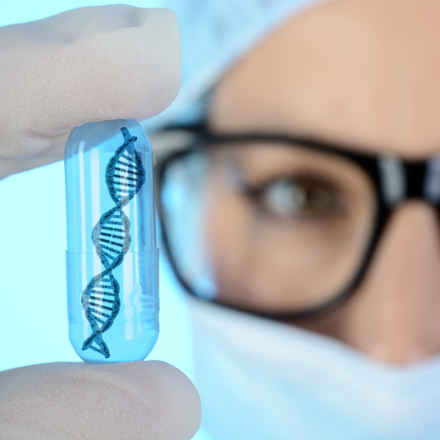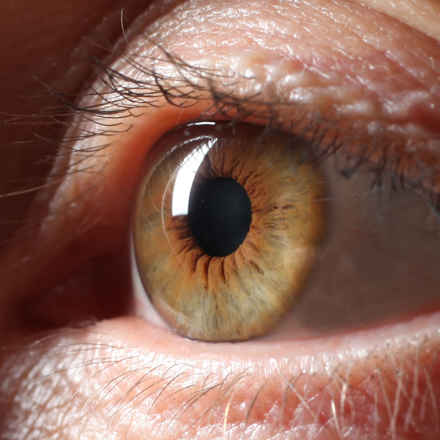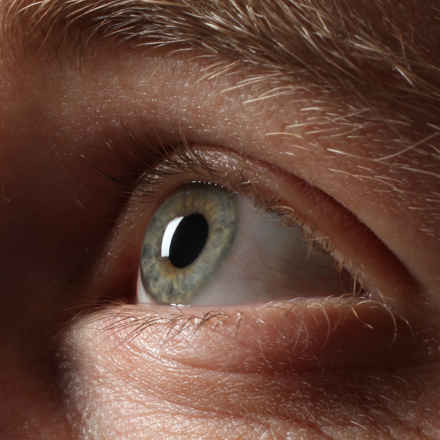
Our research projects
Since 1987 the Macular Society has invested around £10 million in over 100 research projects. Each year we invite applications for research grants, PhD studentships and seedcorn grants which are assessed by our Research Committee.
Research grants
Research grants are for projects of up to three years duration and up to £300,000, which covers everything from laboratory chemicals to salaries.
PhD studentships
A PhD studentship funds a student to undertake a three year research project. The student submits a thesis for qualification of the degree, which is the highest level of academic degree attainable.
Seedcorn projects
A seedcorn grant is funding of up to £25,000 to generate preliminary data to advance innovative and novel ideas.
Fellowships
A fellowship is an award that provides funding for individuals to pursue research, study, training, or professional development.

New form of gene editing for macular dystrophies
Study testing a new form of CRISPR gene editing to increase expression of a gene. This research could help treat more patients with macular dystrophy.
Find out more

Mutations in CFI gene: which are harmless or harmful?
Analysing mutations in the gene CFI which has been associated with AMD. This research aims to determine which may lead to AMD and which may not.
Find out more

Investigating the genetics of cone dystrophy
Exploring gene therapy for cone dystrophy, aiming to slow or halt vision loss from RPGR (Retinitis pigmentosa GTPase regulator) mutations.
Find out more

Using gene therapy to investigate the pathways involved in AMD progression
This project will investigate the role of the ageing process in vision decline, with the aim of identifying novel targets for further research into potential therapies. It will use gene editing to create a variety of models of the retinal pigment epithelium (RPE), the cell layer that provides photoreceptors with nutrients, to examine what is happening at a molecular level in the progression of age-related macular degeneration.
Find out more

Creating a new laboratory macular model
This project will investigate the potentially important genes that need to be switched on early in pregnancy for the macula to form. It will look into precisely when and in which cells they are switched on and give us an understanding of how the macula is made. This is key for identifying what can go wrong and to provide clues about designing effective treatment strategies.
Find out more

Looking at the connection between proline transport and macular health
This team has already studied SIT-1 extensively, including looking at how small molecules bind to it. This research project extends the work by testing how proline transport and metabolism can be optimised for retaining macular health.
Find out more
